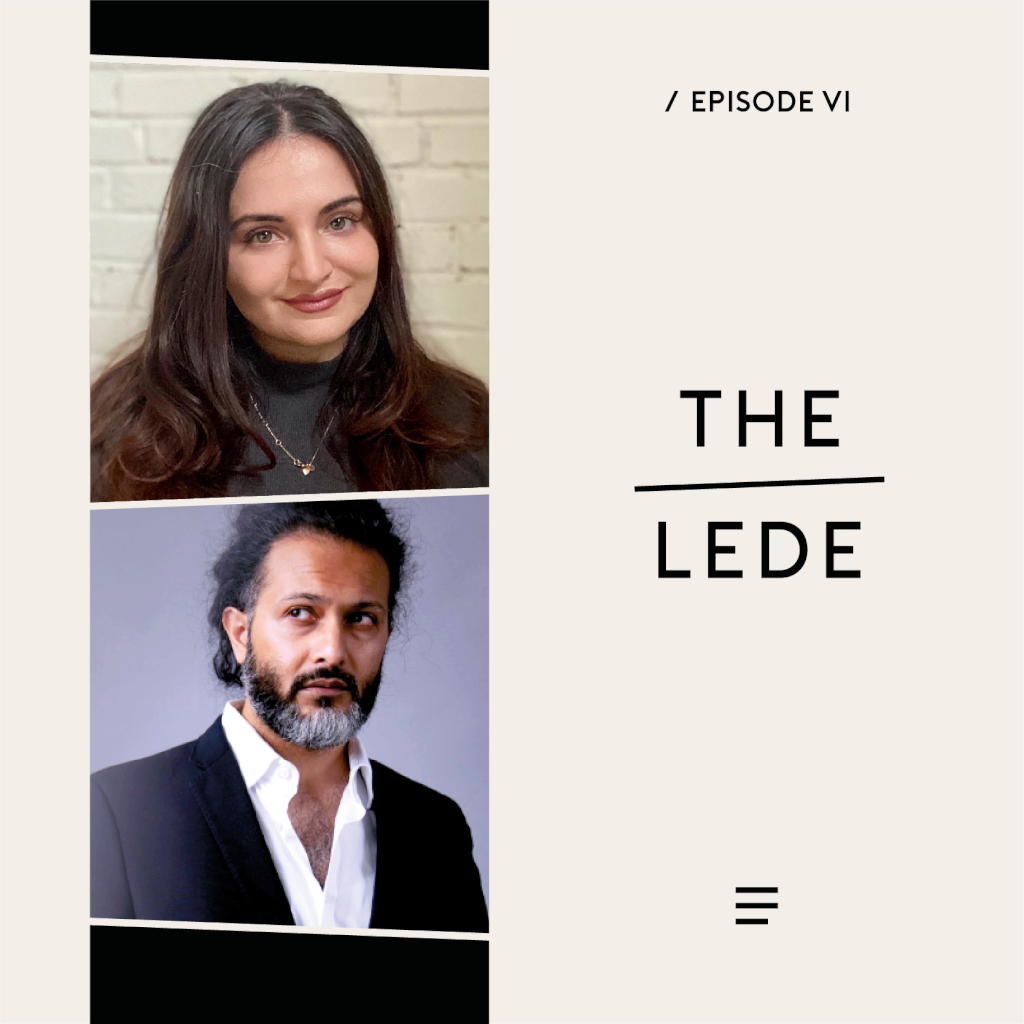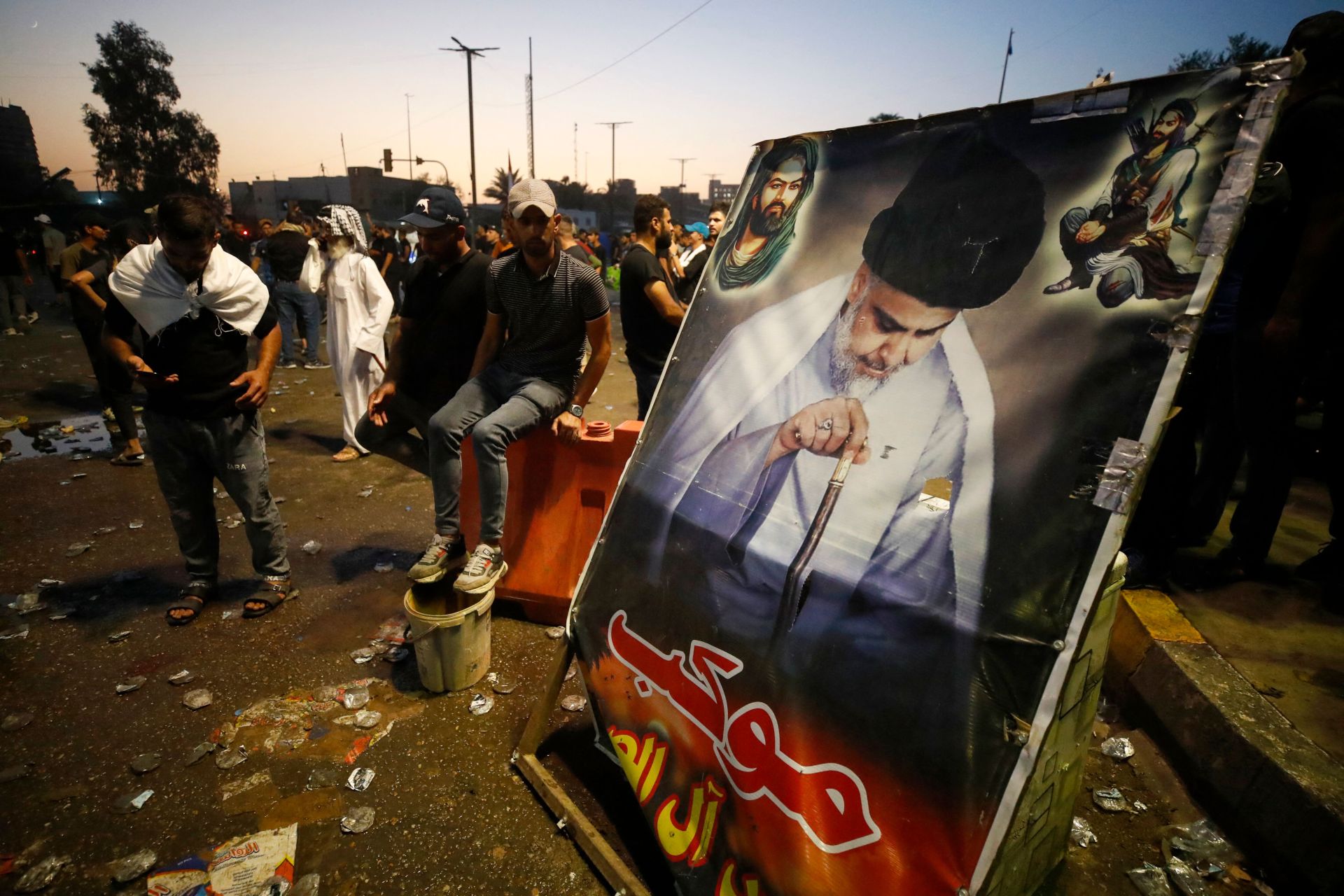Since October 2021, Iraq’s politics have been deadlocked in a showdown between two of its most powerful political factions. The rivalry between the Coordination Framework, a pro-Iranian Shia bloc, and the supporters of populist cleric Muqtada al-Sadr has left the country’s Parliament paralyzed since last October’s elections, unable to form a government or elect a new president. But after Sadr announced his withdrawal from politics at the end of August, the rivalry turned deadly as protestors from his movement marched into the heavily fortified Green Zone and paramilitaries battled each other in the heart of Baghdad. Only after Sadr called for the violence to end and for his supporters to withdraw did the fighting die down. New Lines’ Rasha Al Aqeedi joins host Faisal Al Yafai to talk about what this latest escalation may mean for Iraq’s future.

“The public have accepted the election results. It’s the people in power that have not accepted the elections.”
“This is as far as Sadr can go,” she explains. “Calling on his followers to storm the parliament in an attempt to completely shut down the political process and call for re-elections. What else can he do after that except violence?” But, she says, he does not seem to be willing to go that far, in part because he knows how unpopular it would be among the majority of Iraqis. “After the loss of 700 youth in 2019,” she says, “there’s no appetite to engage in anything that could lead to violence.”
The risk of further escalation may have decreased for now, but the political deadlock that led to the fighting in the first place shows little sign of being resolved. Sadr’s position may be weaker than it was earlier in the year, but his rivals are still in no position to declare victory. The situation remains volatile. “There can be the violent confrontation that everyone fears, there can be a settlement or the deadlock can continue,” she says, “It’s very hard to predict.”
“The public have accepted election results however they are,” she adds. “It’s the people in power that have not accepted the elections.”
Produced by Joshua Martin


